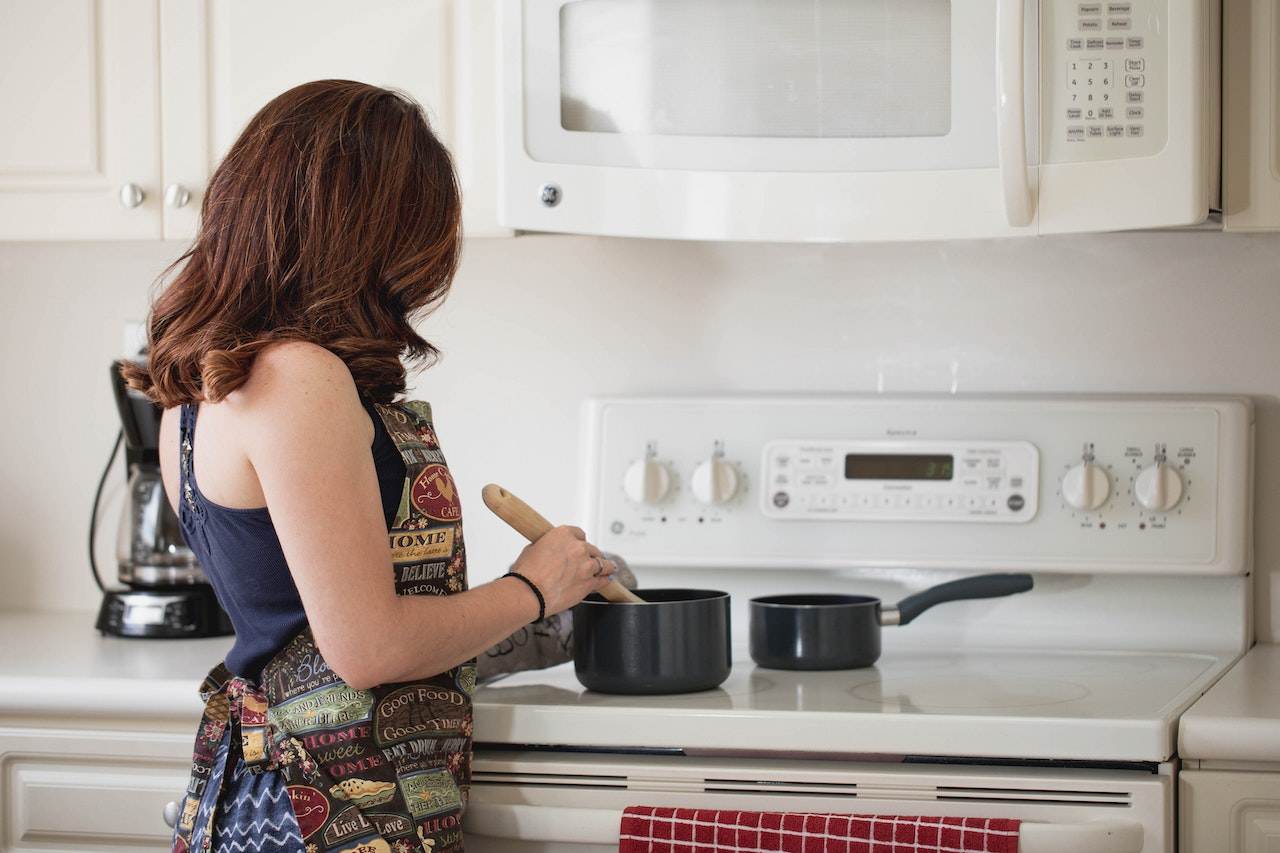Money is on our minds, and we all know how difficult the winter months can be when it comes to your food and energy bills. So, here are some ways you can reduce your kitchen expenses this winter but still ensure you are kept well fed. Everyone deserves food and a warm home.
Tips & Tricks to save money
Learning how to cook can be a valuable skill to have. Home-cooked meals are cheaper and usually more nutritious than convenience foods, ready meals and takeaway, but you need to shop smart and plan cooking to ensure it’s still cost-effective for your household.
Meal plan & writing a shopping list
Planning your meals for breakfast, lunch and dinner (don’t forget snacks) can ensure you have enough food in the house to cover all the meals for a week. If you spend half an hour a week carefully planning what you will cook and eat, you won’t have to rush out to the corner shop last minute to get a forgotten ingredient and spend more than you’d like. Creating a shopping list reduces the likelihood you’ll impulse buy or forget something that’s key to a recipe. Planning your food can help you feel more in control of your finances as it means you are more likely to stay within a budget.
Bulk Cook & Stock up
Batch or bulk cooking is a great way to save money and stay well-fed. For example, you can serve a massive pot of chilli, curry, soup or stew all week. You only need to buy one set of ingredients. If you buy these items in bulk, you will save on packaging and spending as the bigger the item, the cheaper the cost per weight usually. BOGOF offers may look tempting but are often for higher-cost, convenience foods. To make the most of multi-buy discounts, look for offers on staple goods you know you will use frequently and last a long time, like pantry items such as rice and pasta. While spending a larger amount on a big packet may not be possible for everyone, it is an excellent way to reduce food expenses for the future, as bigger packs often cost less
However, for smaller households, the bulkier option at a supermarket may not be cost-effective at all. As many vegetables, fruit, fish and meat are sold in prepackaged quantities in supermarkets, you risk wasting food and money if you can’t get through it before it is past its best. If you buy products from local shops such as traditional grocers or butchers or even direct from local farmers, you can often buy precisely the amount you need so you don’t overspend. If you have a freezer, use it to keep extra ingredients for later in the month and reduce your food waste. Why not check out the Moor Market for great deals on fresh produce where you can buy the quantity you need?
Cook Clever
Cooking more economically can save you money on your food shop and energy bills. For example, as mentioned above, cooking a big pot of stew could last a whole week. Of course, it saves on ingredients, but it saves you energy too. You only need to cook it once, and you can reheat it quickly on the hob or in a microwave, reducing your electricity and gas bill compared to cooking from scratch every day. To reduce this energy saving further, you can cook:
- In a slow cooker as it uses less energy than a gas hob, even over 8 hours.
- In a pressure cooker as it cooks items quicker, reducing energy use.
- or simply placing a lid on your pots as this retains more heat and reduces evaporation.
Another tip for lowering your energy spend is to turn off your hob or oven five to ten minutes before the end of the cooking time. The residue heat will do the last bit of cooking, and you won’t be using extra gas or electricity when you don’t need to. Furthermore, if you cook with the oven, ensure you maximise its use. Heating one thing in the oven is not very cost-effective, so cook other dishes at the same time to make use of the heat. If you only have one thing to cook, fill your oven with baking trays and oven-safe pots to reduce the air that needs to heat up; the smaller the space, the faster it will get to temperature.
Get help
Everyone has the right to nutritious food and a warm home, and if you are struggling with the cost of living crisis, there is help. Citizens Advice Sheffield can offer advice and help on benefits, debt, housing, and more. Visit their website or call their advice line at 0808 278 7820 (It’s free). In addition, the Sheffield Food Bank Network lists food banks open in Sheffield with advice on accessing their services.

